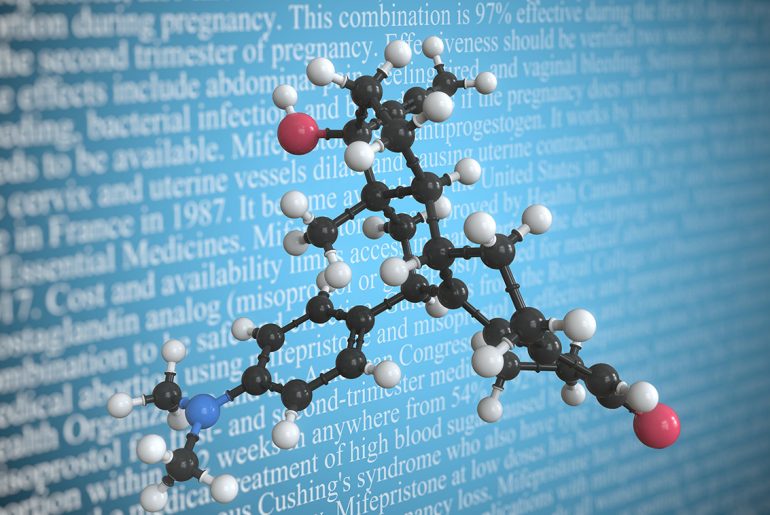Doctors for Choice, a grouping of doctors in Malta that lobby for introduction of abortion, have published figures of “abortion pill kits” gotten by women in Malta for the purpose of carrying out abortions “in the privacy of their own home.” The figures were provided by two organisations – Women on Web and Women help Women – that run websites dedicated to the delivery of abortifacient pills internationally.
In the post on their website, Doctors for Choice wrote that “424 abortion pill packs were sent to Malta” in 2022 by the two organisations. This website has not independently verified such data.
So what is this “abortion telemedicine” or “abortion pill kits”, as Doctors for Choice call it?

There are two types of abortions: surgical abortion, a procedure performed under anesthesia in a clinic; or medical abortion, which involves taking two pills at home. The ingestion of these two pills – Mifepristone and Misoprostol – is taken within the first ten weeks of pregnancy to induce a miscarriage. It’s these two pills that make up the “abortion pill kits”.

These two pills have other medical uses; each is independently used for the treatment of other medical conditions. Mifepristone is used to treat high blood sugar in patients who suffer from a certain condition or whose outlook is complicated. It is also one of two types of pills that inhibit ovulation, and as such it is used as emergency contraceptive – popularly known as the morning-after pill – after unprotected sex. In Malta it’s another pill, called levonorgestrel, that is available as a morning-after pill. Research by this website has found that Mifepristone is not available in Malta.
Misprostol is mostly used for gastro-intestinal conditions, and in Malta it can only be prescribed by specialist consultants.
To procure these pills, Maltese women fill in a questionnaire on one of the websites that deliver the pills. If the questionnaire shows that the woman qualifies, the two pills are then dispatched in the post together with instructions on how to take the pills. Ingesting these pills to cause a miscarriage – or abortion; Maltese law uses the term “miscarriage” – up to the tenth week of pregnancy is generally considered to be safe and effective by regulatory medical bodies. Yet in countries where abortion is legal, the procedure is usually preceded by a consultation with a doctor who also then conducts a follow-up medical examination afterwards. (The UN also advises counselling for women contemplating an abortion, or having performed one.)
Complications can develop, although they are described as rare by various sources. The advice of Women on Web to women who self-administer the pills is be within an hour’s reach of a hospital just in case complications develop. WebMD describes symptoms that call for immediate medical attention as severe abdominal pain, fainting, rapid heartbeat, fever, and sustained heavy bleeding – a sign of incomplete miscarriage.
The official Australian service called NPS Medicinewise suggests that around 7 percent of medical terminations fail, and require “further medicines” or the “surgical” procedure “to complete the termination.”
Editorial Note: In the current febrile atmosphere surrounding the issue of abortion in Malta, any article is bound to be interpreted by some as either having some kind of agenda, or serving the agenda or narrative of one side or the other. So let this be unequivocal: I have no hidden agenda to encourage or discourage abortion, or to encourage or discourage abortion via self-administered pills. This article is merely an explainer about the abortion pills after Doctors for Choice published information that shows that a significant number of women have received such pills in Malta this year.
Featured image: Chemical structure of mifepristone (Credit: Alexey Novikov/stock/adobe.com)
Sustain Explainers
Robustly researched and lucidly delivered explainer articles on this website take time and effort to produce. This website's donation setup itself is uniquely transparent, with targeted amounts – of just €50 every month for analyses – that allow tracking of donations in real time on the page. Contribute as little as €5.





